

In many African countries like Kenya, Ethiopia, Tanzania, the DR Congo, Uganda, Ghana, Zambia, Cameroon, and Rwanda, patients prefer to travel abroad in search of infertility treatments, especially donor egg IVF. This is mainly because of the presence of inadequate healthcare facilities and a shortage of specialized fertility services. Treatments like donor egg VF need special equipment and qualified professionals, which are hardly available locally. That is why many African patients travel to other countries for treatment success with well-developed medical facilities.
India is one of the most-preferred medical tourism destinations for egg donor in vitro fertilization. Many African patients prefer the country for effective donor egg IVF treatment in India. It provides the best medical facilities for treatment, professional doctors and surgeons in every specialty, and an affordable cost for donor egg IVF.
Every woman dreams about starting a family one day. As a matter of fact, we as women are entitled to it. But life does not provide everyone with everything. And one thing that women crave for is being a mom. Motherhood is an enthralling experience, which should be experienced by every woman at least once in her lifetime. Unfortunately, not every woman can conceive on her own. But that does not anywhere come close to the point that she can no longer be a mother or nurse a child. Today’s medical advancement has provided an opportunity for every woman, irrespective of their age, to become a mother via donor egg IVF treatment in India.
.jpg)
Donor egg IVF treatment in India is a good treatment for couples who struggle with infertility because of bad-quality eggs. It involves extracting and preparing a recipient’s healthy egg and fertilising it with the partner’s sperm before implantation into the uterus. This egg donor in vitro fertilisation process is generally successful, with the couples having up to 60-80 per cent success at the initial try.
There are many infertility causes in female, the most prominent one being age. The age factor plays a pivotal role in a woman’s life when it comes to fertility. Many women nowadays are focused on their careers first and then think about getting settled and having kids. Some women who are already at the peak of their careers during the prime age of their lives do not wish to get married and pregnant, as they might not have found the right partner yet. A small portion of women postpones the chances to get pregnant as they are not financially stable. These lifestyle choices amount to a huge portion of why women cannot conceive post their 40s.
Some other medical factors for infertility in women include:
There are many ways of curing infertility, the two prominent ones being IVF and donor eggs. IVF using donor eggs has proven to be the most outstanding technique trusted by many doctors all over the world, as the success rates seem to be increasing.
Donor Egg IVF Treatment in India is a suitable option for infertility treatment when a woman cannot produce healthy eggs. In this process, first, one has to select a very compatible donor who has to donate her eggs. Then the chosen egg will be fertilised with the partner’s sperm in a lab. The embryo is then placed in the woman’s uterus for getting pregnant. Also, frozen egg donor success rates are high for couples stricken with egg-related infertility.
.jpg)
Egg donation and IVF are different infertility procedures but, at the same time, can also be a part of the treatment. IVF is in-vitro fertilization, where the male sperm and the female egg are fertilized together in a lab. In a conventional IVF, the woman takes fertility drugs to stimulate eggs production in her ovaries. Once the eggs reach maturity, they are retrieved via an ultra-sound-guided needle, and the resultant embryos are transferred into the petri dish, which contains sperm cells. Once the eggs are fertilised, the resulting embryos are either transferred to the mother’s uterus or frozen for later use.
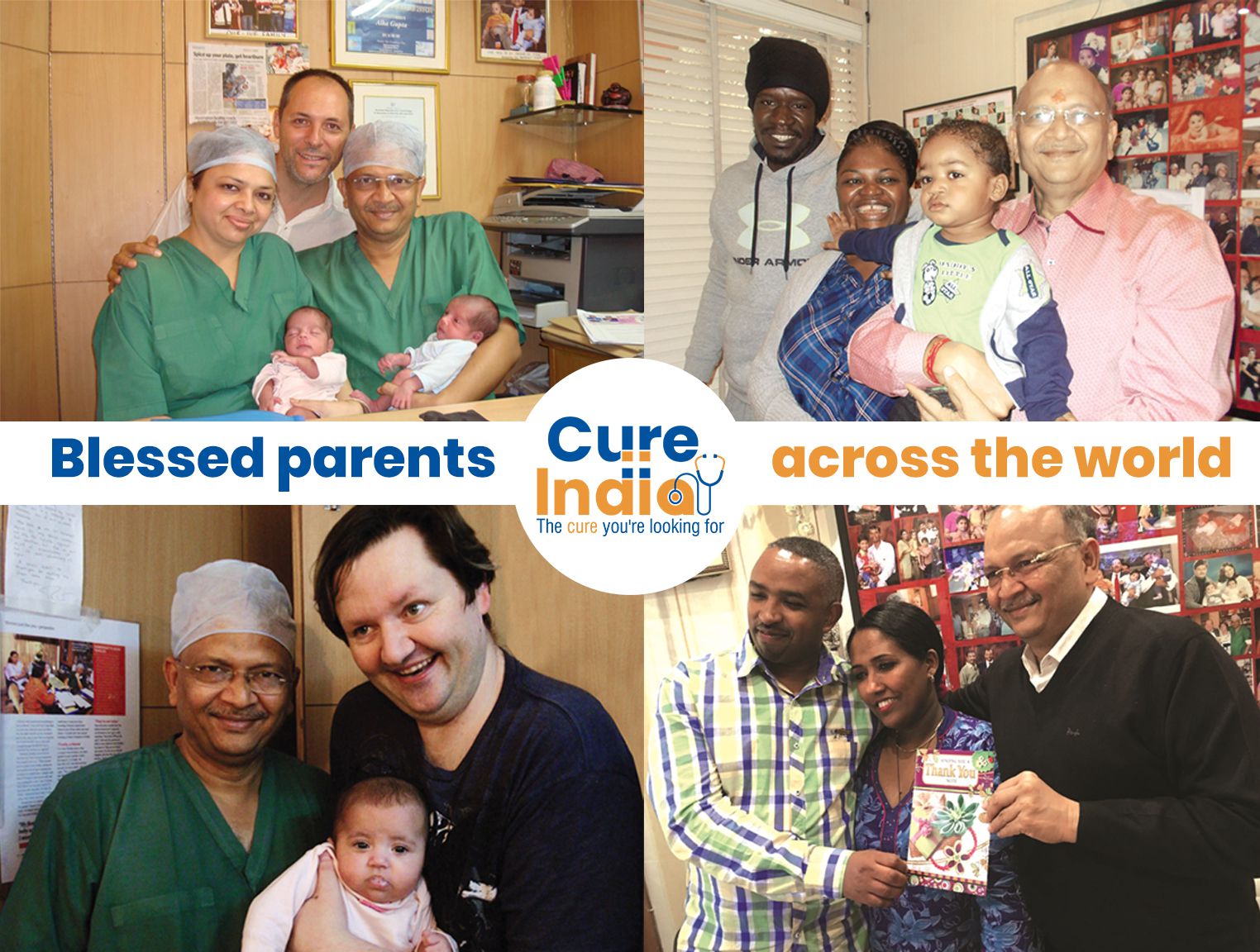
Every female during her birth possesses all the eggs they ever need to have in their life. Some women conceive naturally, while others do not. The reasons for not conceiving naturally are mainly due to age. Women above 40 cannot conceive naturally as their eggs have less capacity to produce a healthy embryo. So what exactly happens when a woman in her 40s tries to conceive using IVF? The process becomes a bit complicated due to the age factor and hormonal changes. This is where donor egg IVF comes into play.
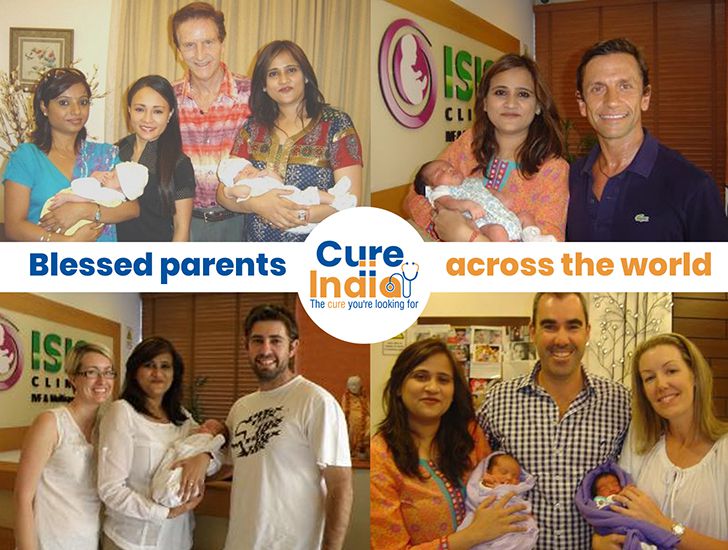
.jpg)
Donor Egg IVF Treatment in India is a fertility treatment option for women who cannot use their own eggs. Nowadays, more and more couples are using donor egg IVF procedures to conceive a child and become parents. With the rapid increase and advancement in medicine, there is a wider scope in all fields of fertility. One need not become hopeless because they are unable to conceive naturally. Given the right direction and guidance by a fertility specialist, any couple who walks into a fertility clinic can turn out to be parents. Let us see how it is achieved in a detailed manner.

CureIndia helps you choose the right doctor for your medical treatment. Most of the doctors in our associated hospitals have been internationally trained and are active members of many international medical councils and associations.
Let's hear from some of the most reputed doctors for donor egg IVF in India:




The donor egg IVF treatment in India takes place in a step-by-step manner:
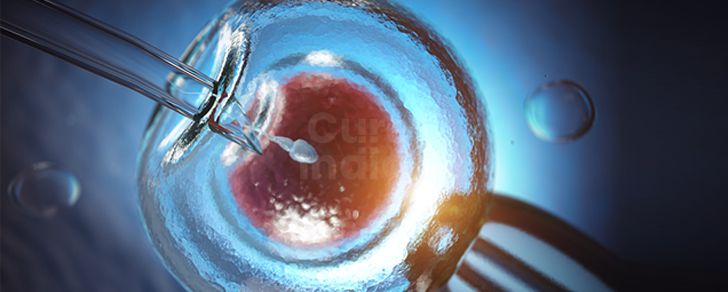
The egg donor in vitro fertilisation process starts with the donor and the mother having to complete all the necessary fertility tests and screenings. Once these are undergone by them, the donor egg IVF cycle gets started.
The menstrual cycles of the donor and the mother are put in sync, which means that both will be having their period on the same date and at the same time.
This process is followed to ensure that the mother’s uterus will be physiologically ready to accept the embryo, which is transferred from the donor’s fertilized eggs when they are ready.
During this period, the mother should take birth control pills and hormonal injections that suppress the reproductive system.
The treatment cycle itself will begin once the donor and the mother both have their periods synced at the same time. In order to stimulate egg production, the donor will be given fertility injections. Her cycle will resemble a very similar conventional IVF cycle, skipping the embryo transfer.
The mother starts to take oestrogen supplementation. This plays a very important role in the mother’s uterus, as oestrogen signals the uterus to create a suitable lining.
When the eggs in the donor’s ovaries are ready, she will be given an injection of hCG, which is also known as a trigger shot. This is the final stage of the cycle for the donor, and the eggs are matured at this point.
Parallelly, the mother will start taking the progesterone supplementation. Similar to the oestrogen, this helps the mother’s uterus to get ready for the embryo.
The eggs are retrieved from the donor using an ultrasound-guided needle. Once the eggs are retrieved from the donor, her part in the cycle gets over. However, she will be given instructions on what to do and when to visit the clinic again if she suspects any reactions or side effects pertaining to the medication protocol.
The father provides a semen sample on the same day of egg retrieval. Normally, this procedure is carried out on the same day, but in some cases, the sample may have been already prepared and frozen earlier. Mostly it is done on the same day of egg retrieval.
The retrieved eggs and the semen cells are put together in a petri dish and are waiting to get fertilised.
The mother now gets ready for the embryo transfer. After 3-5 days, one to two healthy-looking embryos are transferred into the mother’s uterus. Any extra-healthy remaining embryos are frozen or typically cryopreserved for a future cycle.
During this entire process, the mother will continue taking progesterone supplementation. After ten days of embryo transfer, the mother will take a pregnancy test to see if she is pregnant and the cycle is a success. This is the donor egg recipient medication protocol that is mostly followed in all the fertility clinics.
The donor egg IVF cost in India depends on a number of factors like the technique used, age of the couple, and the need of the patient. In general, the donor egg IVF cost in India is:
| Treatment | Cost in India | Stay in India |
|---|---|---|
| Donor Egg IVF Treatment in India | $5,500 | 7-8 Weeks |
The donor egg IVF success rate in India is 55.9% for fresh embryo transfer, and frozen egg donor success rates over 40 for a frozen embryo transfer are 40.2%. This statistical data will vary from clinic to clinic depending on the age limits and criteria the clients have.
To have a successful donor egg IVF, you need to talk to the fertility specialists, get their opinion, and hunt down the best donor suitable for your condition. Selecting family members and friends as donors might not be a good option as the success rates are low. This is because they may fall short in meeting the desired criteria.
.jpg)
The hunt for a perfect donor is sure a tiresome and tedious task. But with the right clinic and fertility experts, you can get the perfect donor who matches your cycle and is ready to go along with you during the entire cycle.
One more important factor to bear in mind is the fact that the frozen egg donor success rates by age for individuals vary from person to person. The donor egg success rates over 45 are 51.1%. Age plays a very major role in deciding the success rate. If you are over 40-45 and are looking to opt for the donor egg IVF process, then the chances of you becoming conceived are pretty good.
.jpg)
Donor egg IVF treatment in India has shown a considerable success rate for women who have infertility at an advanced age. The donor egg success rates also depend on the age; women below 45 years record high success rates. Comparing the donor egg IVF success, it revolves around 90% of women under 45 years old, whereas 63% of women 45-50 years old. In vitro fertilization donor eggs is helpful when women cannot conceive with their eggs by collecting and replacing new eggs. Also, it is preferred that the best age for egg donor is before turning 50 years old, as fertility sharply declines after that age. The success rates are equally affected by the part of the process in which the embryos are transferred and preimplantation genetic testing (PGT). Thus, choosing the best fertility clinic for donor eggs with expert doctors is necessary to increase a couple’s chances of conception.
The budget-friendly cost of donor egg IVF in India makes any couple want to choose this option. With world-class facilities and fertility expertise, you are sure to step into the world of parenthood and enjoy every minute of it. In addition to this, there are also IVF refund programs where you sign insurance prior to getting some amount of your money refunded back, in case the treatment fails or you do not get pregnant. There are also installment and EMI options where you need not pay any interest and can still continue with the cycle.

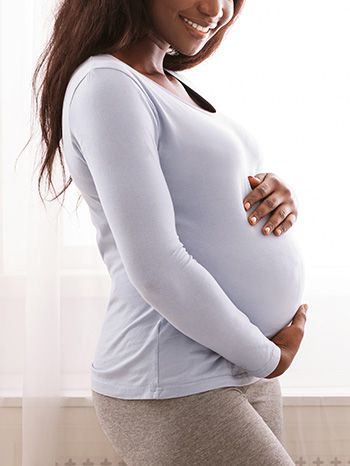
IVF/IUI/ICSI
Best IVF packages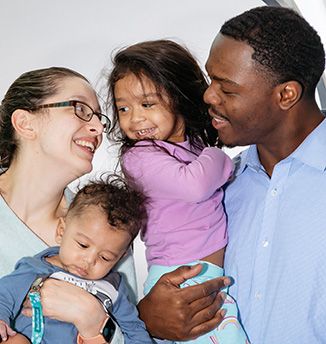
Be proud parents
Consult Infertility Specialists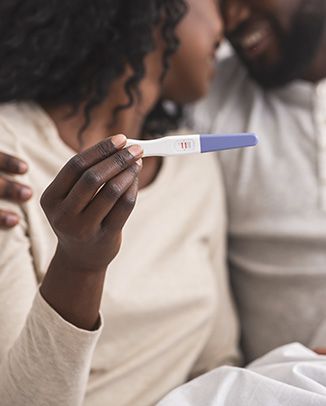
Thousands of successful IVF deliveries
Consult top IVF Clinics